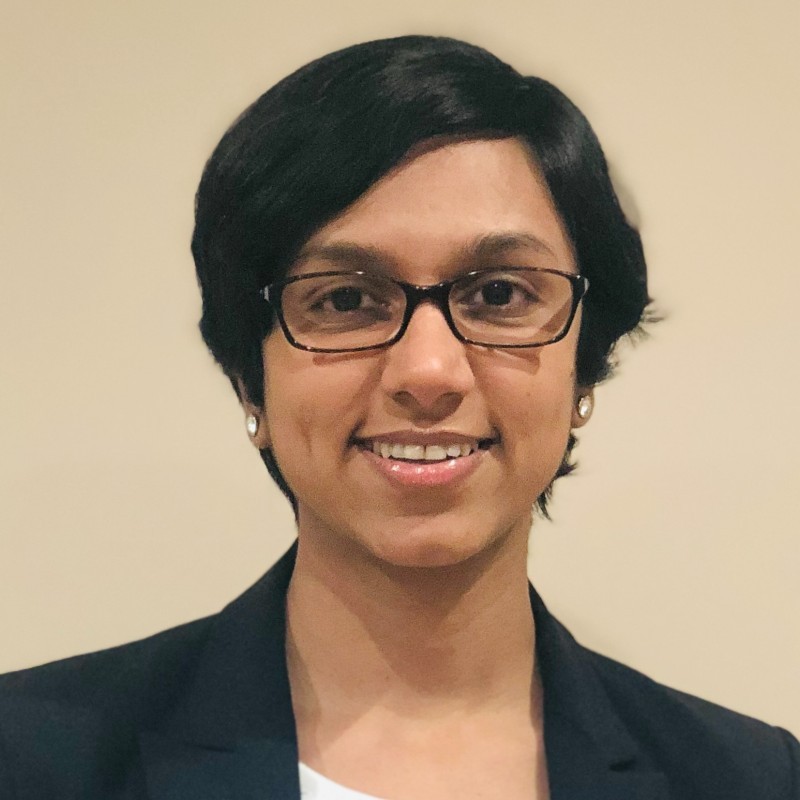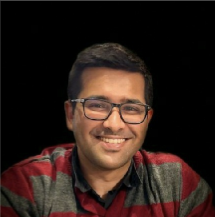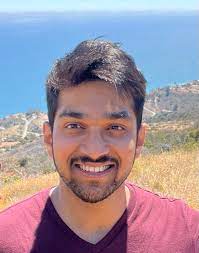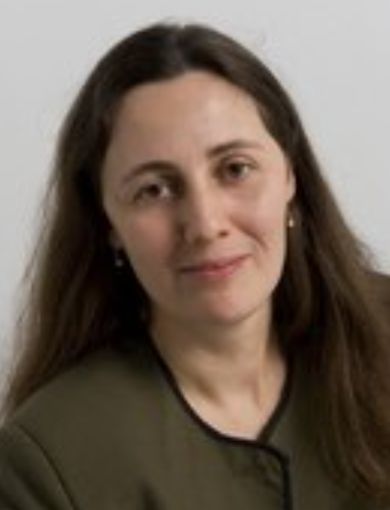AI4ABM@ICML2022 Workshop - Organizing Committee
Christian Schroeder de Witt
 </img>
</img>
Christian is a postdoctoral researcher at the University of Oxford, working with Prof Jakob Foerster at
Foerster AI Research, and supported by the Cooperative AI Foundation. During his Ph.D. Christian advanced
research in deep multi-agent reinforcement learning, as well as pioneering one of the earliest applications of
probabilistic programming to agent-based epidemiology simulators, and of multi-agent learning to analyse the net-zero energy transition pathways of fossil fuel majors
in an agent-based model economic model. He received a 2022 EPSRC IAA Doctoral Impact Fund Award for his thesis work,
and the Best Idea Prize from the Climate Change and AI (CCAI) Community in 2019. Past internships led him to Google AI,
Armasuisse Cyber-Defense Campus, ManAHL, and the Frontier Development Lab. Christian has also worked in climate policy,
being a research assistant with Prof. Myles Allen at Oxford Net Zero. Christian has extensive experience in organising
large workshops, including a weekend workshop for members of the German Merit Foundation and a decarbonisation workshop
at the Climate Transformation Summit 2021. He is also the chair of the AI4ABM community and organises and moderates
its weekly events.
Sumitra Ganesh
 </img>
</img>
Sumitra Ganesh leads the Multi-agent Learning & Simulation group at JPMorgan AI Research. Her team’s research focuses on modelling complex economic systems and markets, efficient policy learning and mechanism design. Sumitra has led the development of a multi-agent simulation platform that uses reinforcement learning to learn agent behaviours in a scalable manner, and her team has published at top-tier AI conferences (NeurIPS, ICML). She organised the first Women in AI and Finance and Benchmarks for AI in Finance workshops at the ACM International Conference on AI in Finance. Prior to joining AI Research, Sumitra led various applied AI/ML teams at J.P. Morgan and Goldman Sachs. Sumitra has a PhD in Electrical Engineering and Computer Science from U.C. Berkeley.
Yang Zhang
 </img>
</img>
Yang is Director of the Model Development Division of the Canadian Economic Analysis (CEA) department,
effective since October 2019. In this capacity, she leads efforts to develop and integrate state-of-the-art economic
models for the analysis of the Canadian economy and for providing monetary policy advice. Her responsibilities
include leading high-quality research that supports the renewal of the Bank’s monetary policy framework.
In this position, Dr. Zhang also collaborates closely with the academic and the international central banking
communities. She is involved in the development of the next generation of Bank’s monetary policy models.
Yang has a PhD in Economics and has worked with Dr. Bengio on a few recent humanitarian projects including an
AI-based COVID-19 tracing app developed at the onset of the pandemic. Since 2020, she has been advising on the
intersections of modelling, machine learning and financial economics.
Ayush Chopra
 </img>
</img>
Ayush is a PhD student at the MIT Media Lab (Camera Culture Group) supervised by Prof Ramesh Raskar. His research lies at the interdisciplinary intersection of agent-based modeling, distributed machine learning and private imaging - with the goal of harnessing collective intelligence to guide population-level decision making. Prior to MIT, Ayush was a researcher at Adobe where he focused on advancing in-browser computer vision and machine learning and also received the Adobe Outstanding Young Engineer Award 2020. His research has resulted in several main conference papers in top-tier AI conferences and interdisciplinary journals (CVPR, ECCV, ICCV, KDD, IJCAI, BMJ etc) and best paper awards at CVPR and ICML workshops. His projects have resulted in 25 patents and have been featured by Reuters, Weather Channel, Venture Beat etc. Ayush received his SM from MIT in 2022 and BE from Delhi College of Engineering, India in 2018. Previously, Ayush also co-organised the ICLR 2021 Workshop on Distributed and Private Machine Learning.
Pablo Samuel Castro
 </img>
</img>
Pablo Samuel was born and raised in Quito, Ecuador, and moved to Montreal after high school to study at McGill. He obtained his PhD from McGill, focusing on Reinforcement Learning under the supervision of Doina Precup and Prakash Panangaden. He has been working at Google for over 10 years, and is currently a staff research Software Developer in Google Brain in Montreal, focusing on fundamental Reinforcement Learning research, Machine Learning and Creativity, and being a regular advocate for increasing the LatinX representation in the research community. Aside from his interest in coding/AI/math, Pablo Samuel is an active musician.
Swapneel Mehta
 </img>
</img>
Swapneel is a Ph.D. student at NYU Center for Data Science and the Center for Social Media and Politics. He is the founder of SimPPL, a simulation-based platform that improves governance in social networks. His research deals with limiting disinformation on social networks using tools from simulation-based inference and causality. He uses probabilistic programs to simulate user behaviour and information propagation across online platforms. He previously co-founded Unicode, a student-run software development training program, and serves on the Board of Studies at D.J. Sanghvi College of Engineering. He has interned at Twitter Civic Integrity, Adobe Research, and worked on machine learning for particle physics at CERN.
Ani Calinescu
 </img>
</img>
Ani is Associate Professor of Computer Science and Deputy Head of Department (Teaching), in the Department of
Computer Science of the University of Oxford. She has a 5-year (MSc equivalent) Computer Science degree from
the Technical University of Iasi, Romania, and a DPhil in Engineering Science from the University of Oxford.
Ani's main research area is Modelling and Reasoning about Complex Systems. Her research interests are fundamentally
interdisciplinary, and include: complex systems and complexity metrics; supply chains and financial systems;
agent-based modelling; IoT-based Digital Twins; systemic risk. Her recent work includes applying
Machine Learning techniques to identify behavioural patterns in supply chain and financial market data;
and building, validating and calibrating large-scale agent-based models of complex systems.
Ani is currently a Principal Investigator on "A demonstrator and reference framework IoT-based Supply Chain Digital
Twin" Pitch-In project, in collaboration with Cambridge University and Schlumberger, and a
Co-investigator on two projects funded by JP Morgan Chase AI Faculty Research Awards, as well as Co-investigator on the
Turing AI Fellowship “The LARGE AGENT COLLIDER: Robust agent-based modelling at scale”.
Jakob Foerster
 </img>
</img>
Jakob received a CIFAR AI chair in 2019 and is starting as an Associate Professor at the engineering department of
the University of Oxford in the fall of 2021. During his PhD at Oxford he helped bring deep multi-agent reinforcement
learning to the forefront of AI research and interned at Google Brain, OpenAI, and DeepMind. He has since been working
as a research scientist at Facebook AI Research in California, where he will continue advancing the field up to his move
back to Oxford. He was the lead organizer of the first Emergent Communication (EmeCom) workshop at NeurIPS in 2017,
which he has helped organize ever since. He is also a co-organizer of the Open-Ended Learning Workshop at ICLR 2022
and of the Cooperative AI workshop at NeurIPS 2022. His past work addresses how AI agents can learn to cooperate and
communicate with other agents, most recently he has been developing and addressing the zero-shot coordination problem
setting, a crucial step towards human-AI coordination.